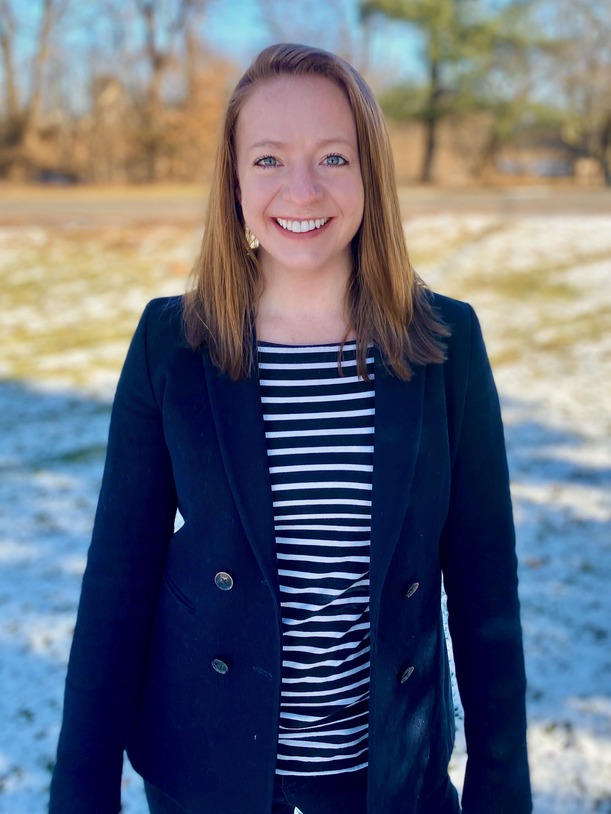 Rachel Walker, associate professor of history in the College of Arts and Sciences, has been honored with the Belle K. Ribicoff Endowed Professorship. This rotating professorship, recognizing outstanding contributions to students, the school/college, and the profession, is awarded every three years to one of the past three recipients of the Belle K. Ribicoff Junior Faculty Prize.
Rachel Walker, associate professor of history in the College of Arts and Sciences, has been honored with the Belle K. Ribicoff Endowed Professorship. This rotating professorship, recognizing outstanding contributions to students, the school/college, and the profession, is awarded every three years to one of the past three recipients of the Belle K. Ribicoff Junior Faculty Prize.
Walker has developed a reputation as a teacher who is so student-centered—and who develops a learning environment so inspiring—that former students sometimes return to sit in her classroom, even when they are no longer enrolled in her courses.
“I learned so much from her, academically speaking,” Stephanie Feitel, class of 2024, shares, “but I learned much more from who she is than what she taught.” Walker’s courses—which focus on the history of race, gender, and sexuality—not only touch upon critical events in the American past; they also highlight themes that personally resonate with her students. “She single-handedly brought out a confidence in me that I am not sure I would have found otherwise, and for that, I am forever grateful,” Feitel writes. “She is a true voice for all of those who feel theirs is not heard and she helped me find mine.”
Walker’s scholarship also gives voice to those frequently ignored in the annals of history. Her research examines the now-debunked sciences of phrenology and physiognomy, showing how diverse groups used these disciplines to fight for racial justice and gender equality. Her book, Beauty and the Brain: The Science of Human Nature in Early America (University of Chicago Press, 2022) won the Mary Kelley Book Prize from the Society for Historians of the Early American Republic. Historian and former Guggenheim Fellow Ann Fabian describes Beauty and the Brain as “an archival gem of a book that sets out the complex and contradictory reasons antebellum Americans—male and female, enslaved and free, Black and white—turned to the popular sciences of phrenology and physiognomy to navigate the roiling currents of their changing social and political worlds.” Walker’s scholarship has garnered numerous accolades, within and beyond the University of Hartford, including long-term research fellowships from the Smithsonian Museum and National Endowment for the Humanities.
In addition to her normal faculty duties, Walker invests a great deal of time in recruitment and retention initiatives. She teaches sample classes for prospective students and serves on multiple committees to foster inclusive excellence. She also played a vital role in the redesign of UHart’s history major and recently stepped in as the interim associate dean for academic planning and curriculum in the College of Arts and Sciences. “Dr. Walker has accomplished much more in her brief time at the University of Hartford than anyone could have ever expected,” writes the chair of the History Department, Steven Rosenthal. “From the moment we observed [her] teach a mock class as part of the interview process, we knew she was extraordinary.”